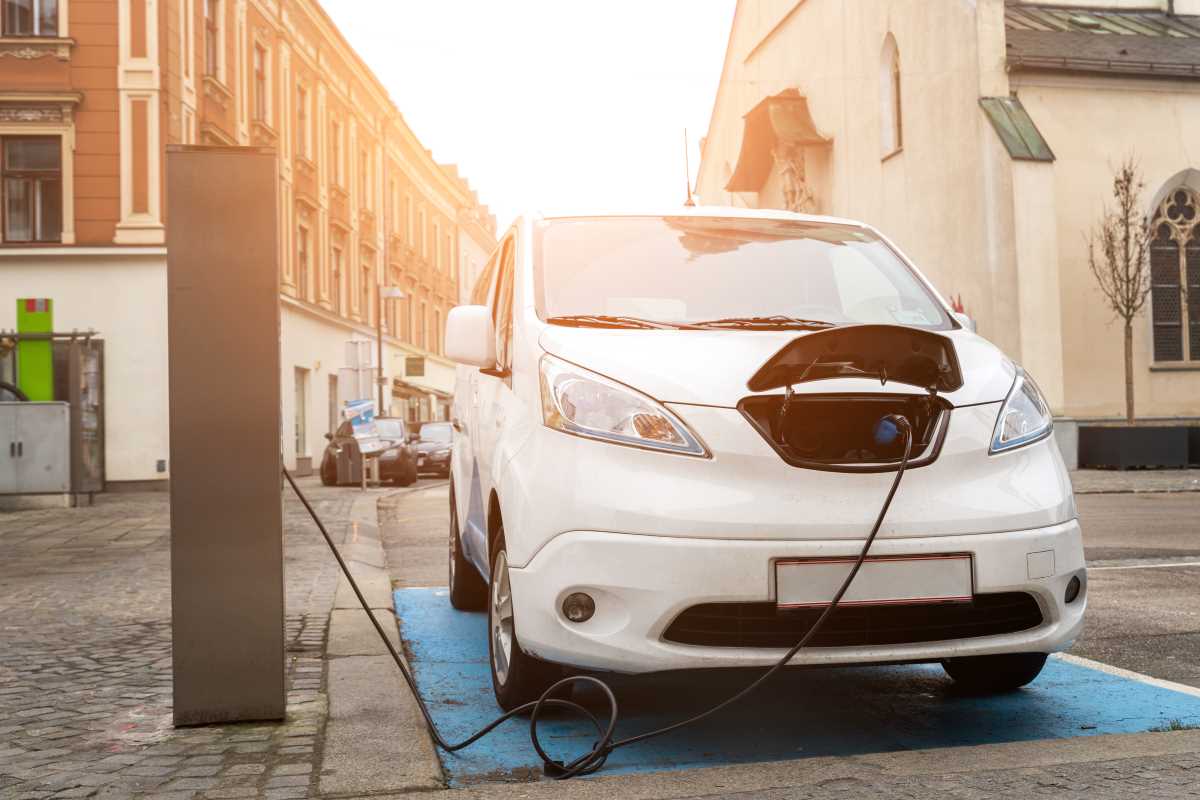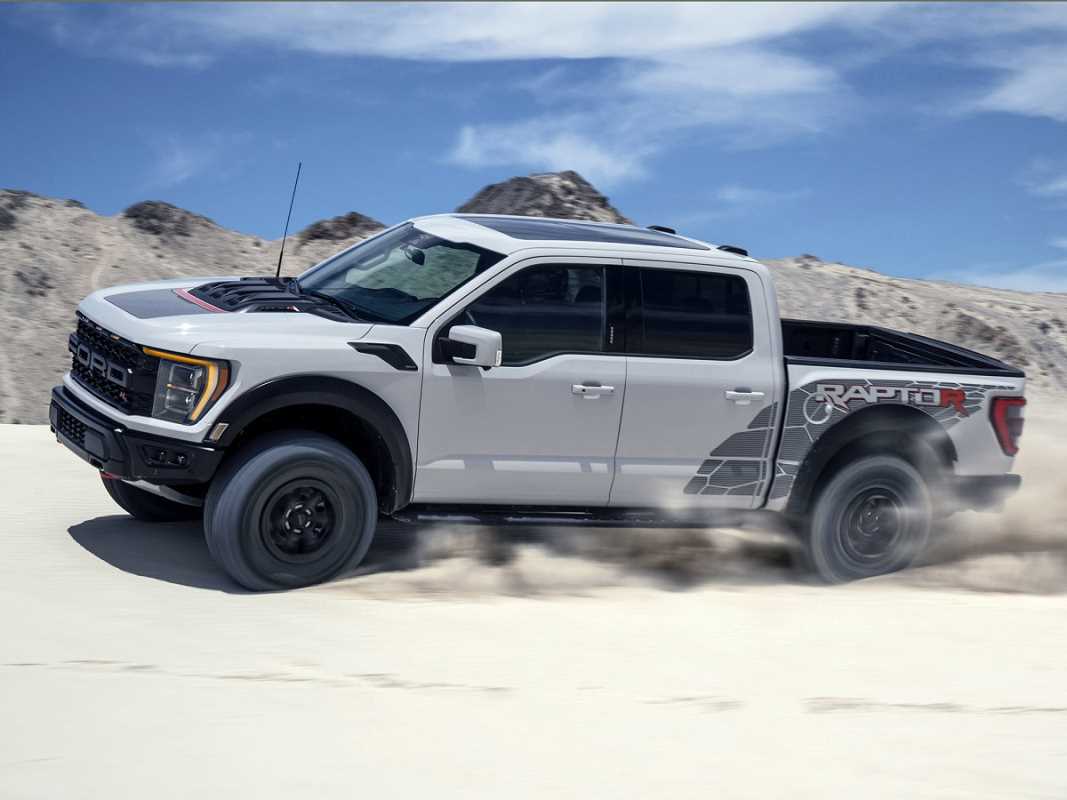Deciding on a new vehicle used to be a lot simpler. You might choose between a car, a truck, or an SUV, and maybe pick a color. Today, one of the biggest questions you'll face is what powers the vehicle. The days of gasoline being the only real choice are over. Now, you have strong contenders like diesel, hybrid, and fully electric vehicles, each offering a unique set of benefits and drawbacks. This shift can make the car-buying process feel more complicated, as you're not just choosing a model but an entire powertrain ecosystem. Understanding the differences between these technologies is key to finding a vehicle that truly fits your daily life. This guide will break down the characteristics of diesel, hybrid, and electric vehicles to help you determine which one aligns best with your driving habits, budget, and priorities.
The Case for Diesel
Diesel engines have been a popular choice in trucks and larger SUVs for decades, and for good reason. Their main strengths are torque and fuel efficiency, especially on the highway.
Who is Diesel For?
Diesel engines are excellent for people who do a lot of long-distance highway driving or tow heavy loads. The high torque output of a diesel engine, which is the rotational force that gets you moving, makes it ideal for pulling trailers, boats, or campers. This is why diesel is the standard for most heavy-duty pickup trucks.
These engines are also very efficient at steady highway speeds. A diesel-powered car or SUV can often achieve significantly better mileage on a long road trip compared to its gasoline equivalent. If your commute involves a lot of open road or you frequently travel between cities, a diesel vehicle could save you money on fuel. They are known for their longevity, with many diesel engines lasting for hundreds of thousands of miles with proper maintenance.
The Downsides of Diesel
Diesel power isn't without its challenges. Diesel engines can be more expensive to purchase upfront and sometimes require more costly maintenance. The fuel itself can sometimes be more expensive per gallon than gasoline. Finding a diesel pump can also be less convenient than finding a gas station, although it's rarely a major issue. In recent years, passenger cars with diesel engines have become much less common in the North American market, so your choices might be limited primarily to trucks and some larger SUVs.
The Balanced Approach of Hybrid Vehicles
Hybrid vehicles represent a middle ground, offering a blend of gasoline convenience and electric efficiency. They have become incredibly popular as a practical step toward reducing fuel consumption without changing driving habits.
Who is a Hybrid For?
A hybrid is a fantastic choice for someone who does a lot of city or suburban driving with frequent stops and starts. This is where the hybrid system truly shines. At low speeds or when stopped in traffic, the gasoline engine can shut off entirely, and the car can run on silent, emission-free electric power. The constant braking and slowing down in city traffic give the regenerative braking system plenty of opportunities to recharge the battery. This results in excellent fuel economy in urban environments.
Since hybrids still have a gasoline engine, you never have to worry about range or finding a charger. You just fill up at a regular gas station like any other car. This makes them a great fit for people who may not have access to home charging or who live in areas with limited public charging infrastructure. They offer a taste of electric driving without any of the associated range anxiety.
The Downsides of a Hybrid
The main drawback of a hybrid is its complexity. The vehicle has two separate powertrains—a gasoline engine and an electric motor system—that have to work together seamlessly. While modern hybrids are incredibly reliable, there are more components that could potentially need repair down the line. They are also typically more expensive than their gasoline-only counterparts, although the fuel savings can often make up for this difference over time. There are also plug-in hybrids (PHEVs), which have larger batteries that you can charge. They offer a significant all-electric range before the gas engine kicks in, but they are also more expensive.
The All-Electric Future
Fully electric vehicles are the most significant departure from traditional cars. They offer a completely different driving experience and ownership model, with a focus on technology, performance, and environmental benefits.
Who is an EV For?
An EV is an excellent fit for someone with a predictable daily commute who has reliable access to charging, preferably at home. Being able to plug in your car overnight and wake up to a full "tank" every morning is one of the biggest conveniences of EV ownership. The cost of electricity is generally much lower than the cost of gasoline, so your running costs can be significantly reduced.
Electric motors provide instant torque, which means even basic EVs have quick and silent acceleration. The driving experience is incredibly smooth and quiet, with no engine vibration. Maintenance is also simpler and cheaper, as there are no oil changes, spark plugs, or exhaust systems to worry about. For tech-savvy drivers who are ready to embrace a new way of refueling and appreciate a refined driving experience, an EV is a compelling choice.
The Downsides of an EV
The two biggest hurdles for EV adoption are range anxiety and charging infrastructure. While modern EVs have ranges that are more than sufficient for daily driving, long road trips require careful planning. You'll need to map out DC fast-charging stations along your route and account for the time it takes to charge. While the public charging network is growing rapidly, it's not yet as ubiquitous as gas stations. Cold weather can also temporarily reduce an EV's range. Finally, the initial purchase price of an EV is often higher than a comparable gasoline or hybrid car, although government incentives can help to offset this cost.
 (Image via
(Image via





